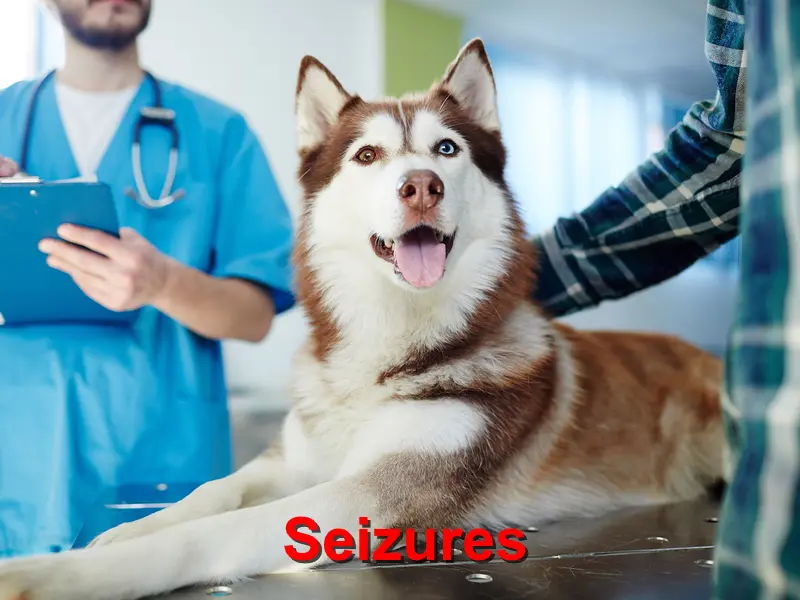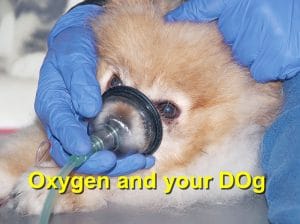One of the scariest things to see is your pet having a seizure. There’s no such thing as typical seizures, but if your pet suddenly falls sideways, jerks uncontrollably and is unresponsive, it’s likely a seizure. Our veterinarians at Animal Emergency Care in Braselton can help.
How to Recognize Seizures
If your pet has already had a seizure, the next one will look similar. Just like seizures in people, some pets have auras that precede the full-blown seizure. Behaviorally he or she may stick uncharacteristically close to you or otherwise seem nervous. As the seizure progresses, he or she may move her legs as if swimming, clench the jaw, foam at the mouth, jerk, convulse and lose control of the bowels and bladder.
What Should You Do?
Seizures can be emergencies that require intervention at our emergency care clinic. Sometimes one seizure is the predecessor of several in a row and it takes medication to bring your pet back into control. Also, the longer the seizure lasts the more dangerous it is since his body will rapidly heat up from physiological stress and he may have trouble breathing.
What Causes Seizures?
Any of the following can be a catalyst for seizures:
- Ingesting poisonous substances
- Liver disease
- Kidney disease
- Head injury
- Stroke
- Cancer
- Encephalitis
- High or low blood sugar
Kinds of Seizures
Seizures can be one of four types: grand mal, focal, psychomotor or idiopathic. A grand mal seizure is the scariest to see and occurs when electrical impulses go awry in the entire brain. A focal seizure affects only part of the brain and with a psychomotor seizure, the pet does something atypically odd such as chase her tail. Finally, the idiopathic seizure does not have a defined cause.
Treatment
When you bring your pet to our emergency care, our vet will perform a physical and take blood to find the source of the seizures. He or she may also prescribe common seizure medications of either phenobarbital or potassium bromide to prevent more seizures, which must then be given for life.
If you suspect your pet is having or has had a seizure, the vets here at Animal Emergency Care of Braselton are here to perform a competent and comprehensive workup to find their source and successfully treat your pet.
Please call 470-209-7222 to learn more about seizures.




